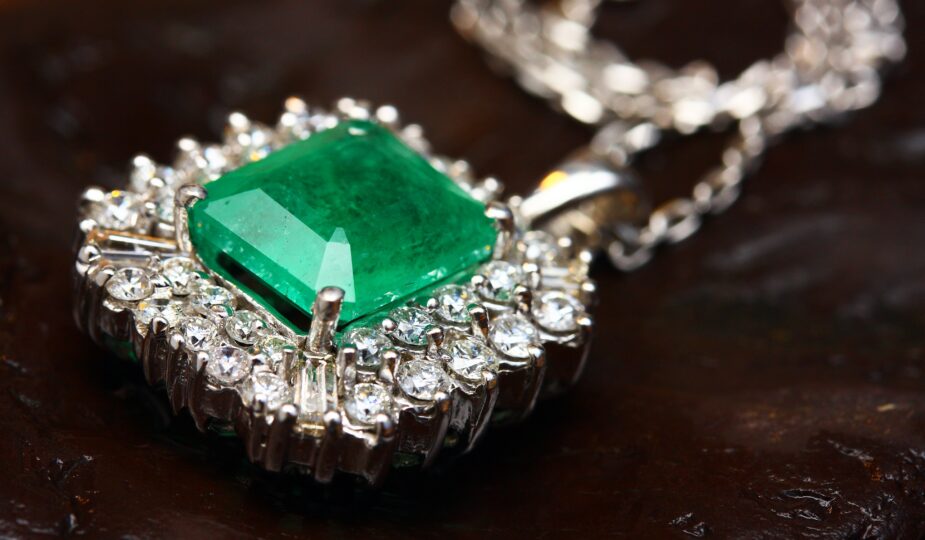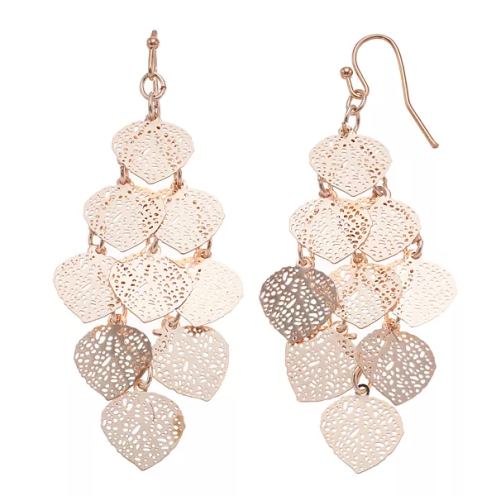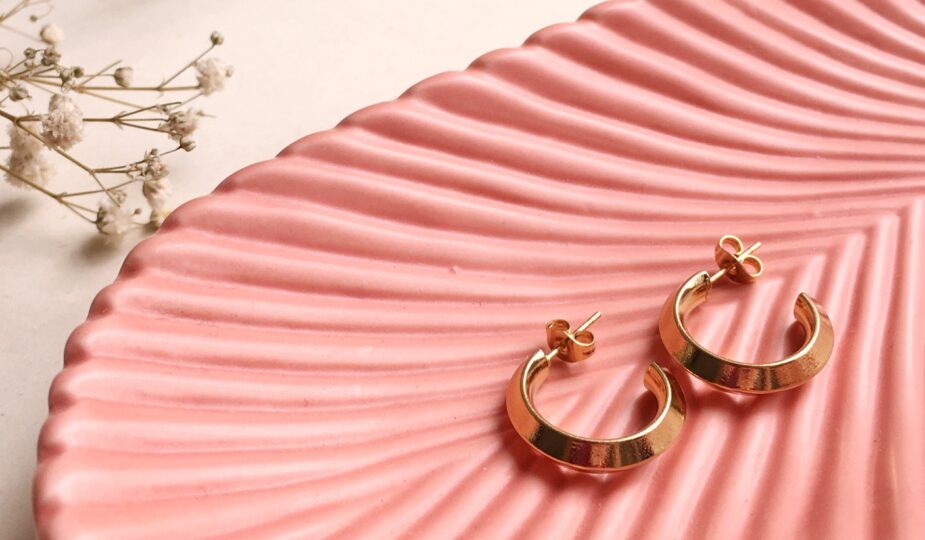
There have been several global conferences this year to discuss global warming. Fashion brands are changing their ways to make sure that they are more ethical and sustainable.
Jewellery brands also face the same challenges as the fashion industry. Jewellery brands find it even harder to be eco-friendly. There are still initiatives to ensure that materials are mined in an ethical manner.
The mining industry is a major contributor to global warming. The packaging used by jewellery companies is not likely to be environmentally friendly. Making recycling more difficult.
Packaging for jewelry is excessive. The packaging may not be recyclable, but it does protect the jewellery. These brands are still changing their ways to become more ethical and sustainable.
Why is it difficult to make jewellery eco-friendly?
As we have already mentioned, mining is one of the biggest contributors to global climate change. Due to the heavy machinery, it is difficult to make mines more environmentally friendly. The number of active mines in the world is staggering. They will continue to supply materials if they are making a lot money. This is how the world operates at the moment.
Materials used in jewellery are most likely mined underground. A new technology allows for the creation of gemstones in a laboratory. The CO2 emissions are reduced, even though they continue to emit CO2. It is still a positive step.
Most mines still pay their employees too little or not at all. Most of the countries which mine materials for jewellers fall under the LDC (less developed country) category. The fashion industry and the rest of the world are still grappling with the issue of slavery. Many countries have recognized the issue of slavery and are taking action.
Jewellery manufacturers around the globe try to determine where the materials were mined. This information is not likely to be found in jewellery that has been mined for many years. The technology can be used in order to trace the origin of materials. The blockchain technology can be used to track the details of materials and gemstones.
It will be very difficult to reduce CO2 emissions due to the mining machinery. Only by reducing the demand for new gemstones and materials can we reduce CO2 emissions.
The mining industry is fraught with ethical dilemmas. Many miners are working for less than the minimum wage or nothing at all. There are also a few unethical organisations who help in the trade of gemstones and materials. Fairtrade and Fairmined have both had a huge impact on this.
Environmental Concerns and Eco-Friendly considerations
The mining of these products has an enormous impact on global climate change. Carbon dioxide emissions from mines are a constant source of protest by global warming activists.
The environment is also affected by mass-production of pearls. The organisms that are washed away lead to an increase in organic waste. It is harmful to the environment, as fish and other animals are unable to break down nutrients. This leads to deoxygenation, a chemical reaction which removes oxygen from molecules.
What is the Jewellery Industry doing to reduce CO2 emissions?
Jewellery brands do a few things to ensure that their products are environmentally friendly. To begin with, most brands in the jewelry industry use recyclable packaging. In addition, there are more and more stores that only sell second-hand jewellery like vintage jewellery.
The best jewellery styles are those that have been around for a long time. They’re often the ones with attention to detail. Many couples would consider buying a antique engagement ring. It is because it is eco-friendly. In addition, many vintage jewellery shops sell signet ringss which are in high demand at the moment.
Jewellery Industry Rules and Regulations
Over the last few years, many initiatives have been launched in order to address the ethical and sustainability issues that the world faces. Some of these initiatives have had a major impact on the industry. Concerning the ethical and sustainability of jewellery production.
Fairtrade Gold & Fairmined Gold
Metal Focus reports that around 560 tons of gold are mined by small-scale mining. Small-scale mines are those that have no or minimal machinery. They will be more prevalent in countries that are less developed. These small-scale mines are highly likely to be involved. It could be that the miners are being paid very little or even if it is slavery. These small-scale mining operations will also be a source of many human rights violations. In the 21st Century, initiatives like fairtrade and fairmined have been launched. Fairmined Gold is a label which confirms that the materials have been ethically mined. Since their launch in 2014, they have worked with 377 different businesses.
Kimberley Process Diamonds
Diamond mining is not only unethical but also harmful to the environment. Kimberley Process was formed to reduce conflict surrounding diamonds (also known as blood diamonds). In the less developed nations, it is not uncommon for mines to be run by corrupt government officials and militias. Kimberley Process aims to stop this.
In 2000, they began and made a huge impact on the jewelry industry. They have been responsible in fact for filtering 99.8% or so of global production. They have also worked with 583 different countries, including those in the European Union.
Summary
Global warming is a major issue that the world faces today. Organisations have set goals for the world which must be met in a very short time. Jewellery, like many other industries, is trying to develop a more environmentally-friendly method of making jewellery. It is now clear that the focus is on the consumer, and they should not buy new gemstones except if they come from a laboratory or are vintage.




